| IN A NUTSHELL |
|
The modern battlefield is continuously evolving, and the French Navy is at the forefront of exploring innovative technologies to enhance the defense of their naval vessels. In an era where unmanned vehicles are becoming increasingly integral to military operations, the French Navy has embarked on a series of trials to test the viability of First Person View (FPV) Unmanned Aerial Vehicles (UAVs) for the self-defense of surface ships. These tests are not just about innovation but about adapting to the changing face of naval warfare, ensuring that the French fleet remains secure against emerging threats.
Revolutionizing Naval Defense with FPV UAVs
The French Navy’s experimentation with FPV UAVs marks a significant shift in naval defense strategies. These trials, conducted off the coast of Toulon, are part of a broader initiative to integrate unmanned systems into military operations. The decision to explore the use of FPV UAVs stems from the need to bolster the self-defense capabilities of surface vessels. Unlike traditional UAVs, FPV UAVs provide operators with a direct line of sight through the drone’s camera, offering unparalleled precision and control. This capability is particularly crucial in scenarios where rapid response to threats is necessary.
During the tests, sailors aboard the Mistral-LHD successfully piloted FPV UAVs to neutralize training targets, simulating incoming unmanned surface vehicle (USV) threats. This exercise not only showcased the potential of these drones in defensive operations but also demonstrated the Navy’s commitment to remaining ahead of adversaries in terms of technology and tactics. The use of various rotary-wing FPV models highlights the versatility and adaptability of these drones in different combat scenarios.
Learning from Global Conflicts
The decision to pursue FPV UAV technology is informed by lessons learned from recent global conflicts, particularly the ongoing war in Ukraine. In these conflicts, drones have proven their worth as both offensive and defensive tools. The French Navy’s focus on unmanned vehicles is a direct response to the evolving nature of threats on the high seas. Having encountered unmanned systems in the Red Sea and other strategic locations, the Navy recognizes the necessity of integrating drones into their defense strategies.
Moreover, the French Navy’s Center of Expertise for Naval Programs has been actively testing one-way attack unmanned vehicles, including kamikaze USVs. These trials aim to confirm the Navy’s ability to deploy unmanned systems effectively from the sea, further cementing their role in contemporary naval warfare. By leveraging the feedback from these exercises, the Navy is positioning itself to respond swiftly and effectively to any unmanned threats it may encounter in future operations.
Comprehensive Training and Exercises
To ensure readiness, the French Navy has implemented extensive training programs and exercises involving unmanned vehicles. One such exercise is POLARIS 25, the largest of its kind, designed to simulate naval combat scenarios across various domains. This exercise incorporates the use of unmanned vehicles for both offensive and defensive roles, underscoring their importance in modern military strategies.
Looking ahead, the Navy plans to conduct a dedicated exercise known as Wildfire, focused specifically on countering unmanned vehicles. This bi-annual exercise will explore all available methods to neutralize unmanned threats, ranging from the use of weapon systems to electronic warfare and drone deployment. This comprehensive approach ensures that the Navy remains prepared to tackle any unmanned challenges it may face, utilizing a diverse array of tools and technologies.
The Future of Naval Warfare
The integration of FPV UAVs into naval defense is a testament to the French Navy’s commitment to innovation and adaptation. As unmanned systems continue to evolve, so too must the strategies employed to counter them. The ongoing experimentation with FPV UAVs represents a proactive step towards securing naval assets against increasingly sophisticated threats.
By staying ahead of technological advancements and drawing insights from global conflicts, the French Navy is poised to redefine the future of naval warfare. The successful implementation of these technologies will not only enhance the self-defense capabilities of surface ships but also set a precedent for other navies to follow. As the Navy continues to refine its tactics and strategies, one must wonder: How will unmanned technologies reshape the landscape of naval warfare in the years to come?
Did you like it? 4.6/5 (23)
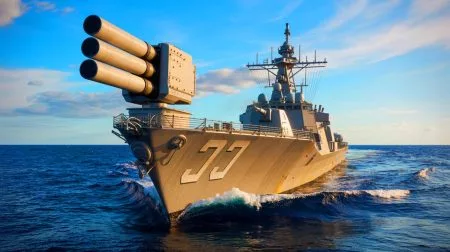
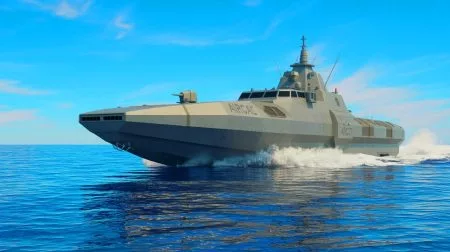
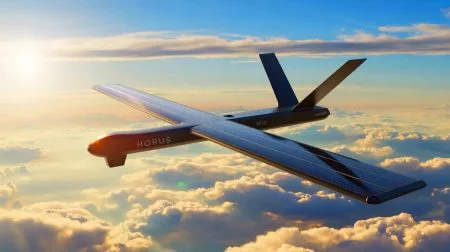

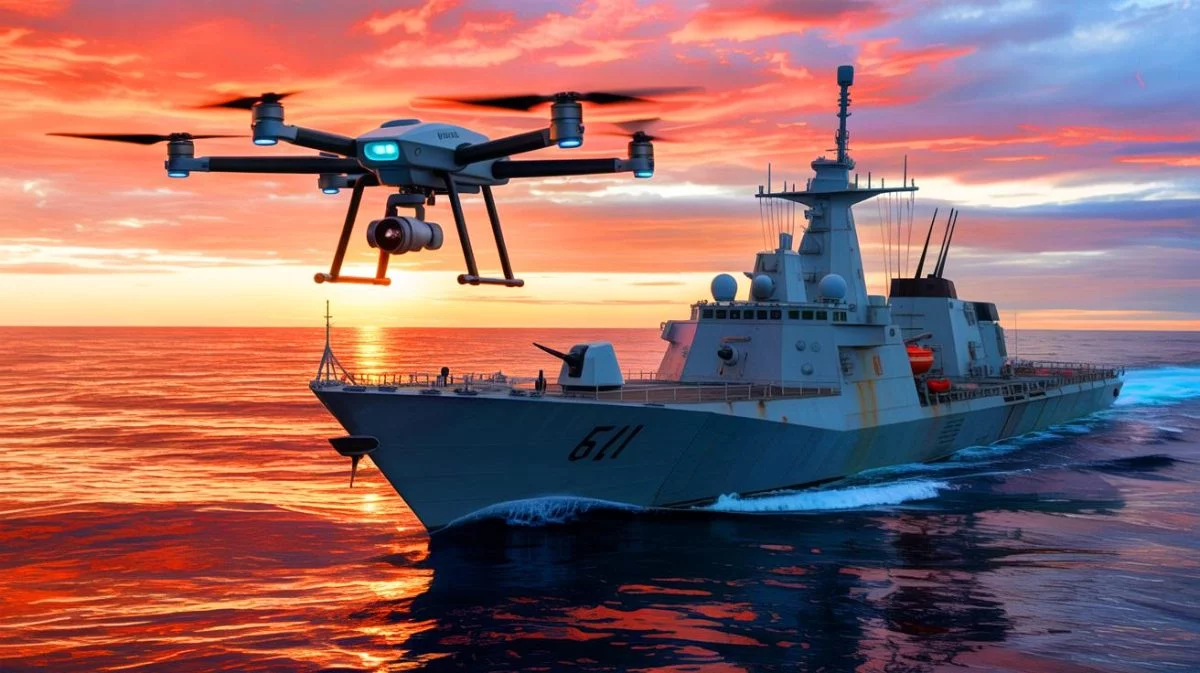
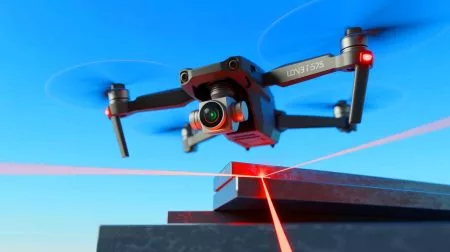
Really interesting article! How soon do you think these drones will be fully operational? 🤔
FPV UAVs sound like a game-changer for naval defense. Can’t wait to see them in action! 🚁
Why is the French Navy testing these now? Haven’t drones been around for a while?
Seems like a smart move by the French Navy, but how will they handle potential drone jamming? 📡
I wonder how effective these drones will be in bad weather conditions… 🤨
Hope they’re considering the environmental impact of deploying more drones. 🌍
Thanks for the insights! It’s great to see innovation in military defense strategies.
What happens if these drones are hacked by adversaries? Sounds risky!